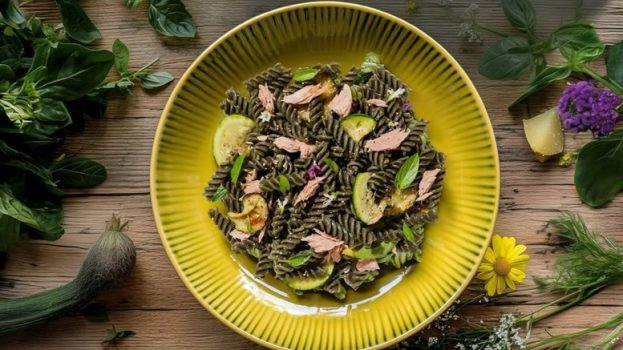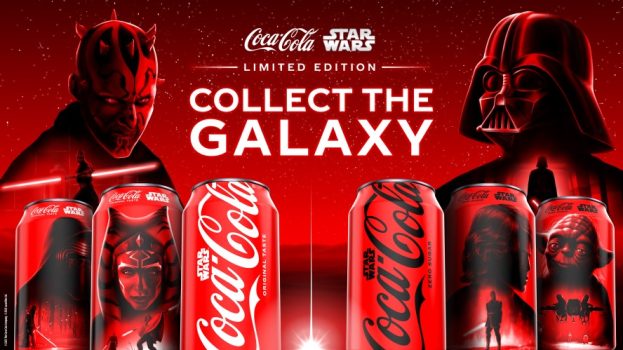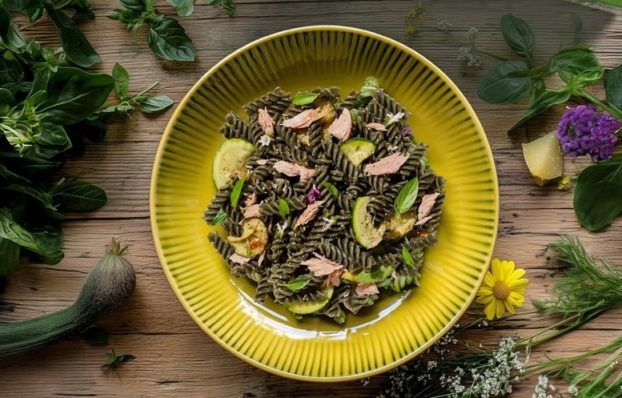PepsiCo is boosting its full year organic revenue guidance from 8% to 10% after solid performance in its Quaker Foods and Frito Lay North America divisions.
This represents the second consecutive quarter that the company has raised its revenue forecast without updating its earnings expectations, as Q2 net income was actually down from the same period a year earlier. PepsiCo reported second-quarter net income of $1.43 billion for the three months ended June 30, down from $2.36 billion a year prior.
The company’s food divisions has strong gains in North America. Quaker Foods grew organic revenue by 18%, helped by double-digit growth in rice and pasta, oatmeal and cookies, with volume up 2%. At Frito-Lay North America, organic revenue rose 14% in Q2, with its Doritos, Cheetos and Ruffles snack brands each delivering double-digit net revenue growth.
Organic revenue at PepsiCo’s North America beverage business rose 9% despite volume falling 1%. Gatorade, Aquafina and Lifewtr are seeing double-digit growth for the quarter.
Rockstar, coffee-based beverages with Starbucks and Mountain Dew are showing promise and the company says there is opportunity in the alcohol space as well. Ramon Laguarta, chairman and chief executive officer of PepsiCo, reiterated his confidence in a partnership with Boston Beer Company, which was established last year to develop a hard version of Mountain Dew. In today’s earnings call he says Boston Beer has strong R&D and branding capabilities.
“We want to leverage our assets for this division,” he says, adding that PepsiCo is looking to focus on a few large consumer opportunities.
Laguarta says that non-sugar products are growing at three times the speed of full sugar in beverages, as consumers are making healthier choices in many established markets, and cites the success of innovations like Gatorade Zero. It’s an “unstoppable trend,” Laguarta says, with every brand having a nonsugar option.
Laguarta also says marketing investment will be “optimized” with more data intelligence, he says.
Meanwhile, the CPG continues to experience freight and commodity cost pressures, which the company largely attributes to geopolitics. Laguarta says the company’s resilience is due to a broad value and premium portfolio offering and strong digital investments in route systems and inventory management.
Laguarta also addressed issues of retailer pushback against price increases. He says these conversations can be tension-fueled but have been positive. Keeping consumers in its categories and finding ways to pass costs along without impacting volume and growth for retailers and the company is top of mind.
“We are all concerned about high inflation and how this will have an impact,” he says, particularly in the “lower part of the income pyramid” and category entry-points.
Convenience and gas channels is a big area of investment, Laguarta says, with consumption remaining stable in the high single digits and no changes being seen as a result of rising gas prices.
























